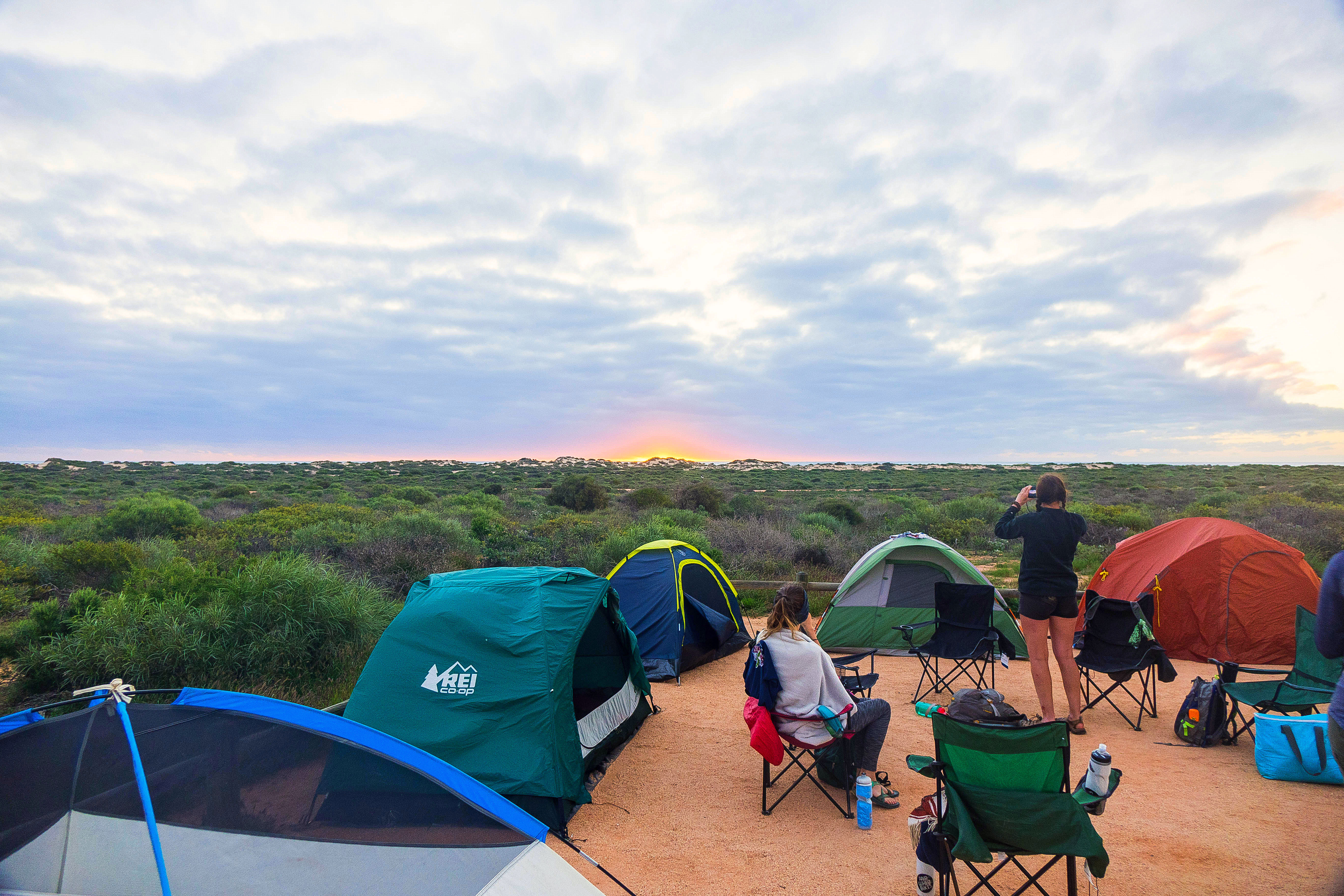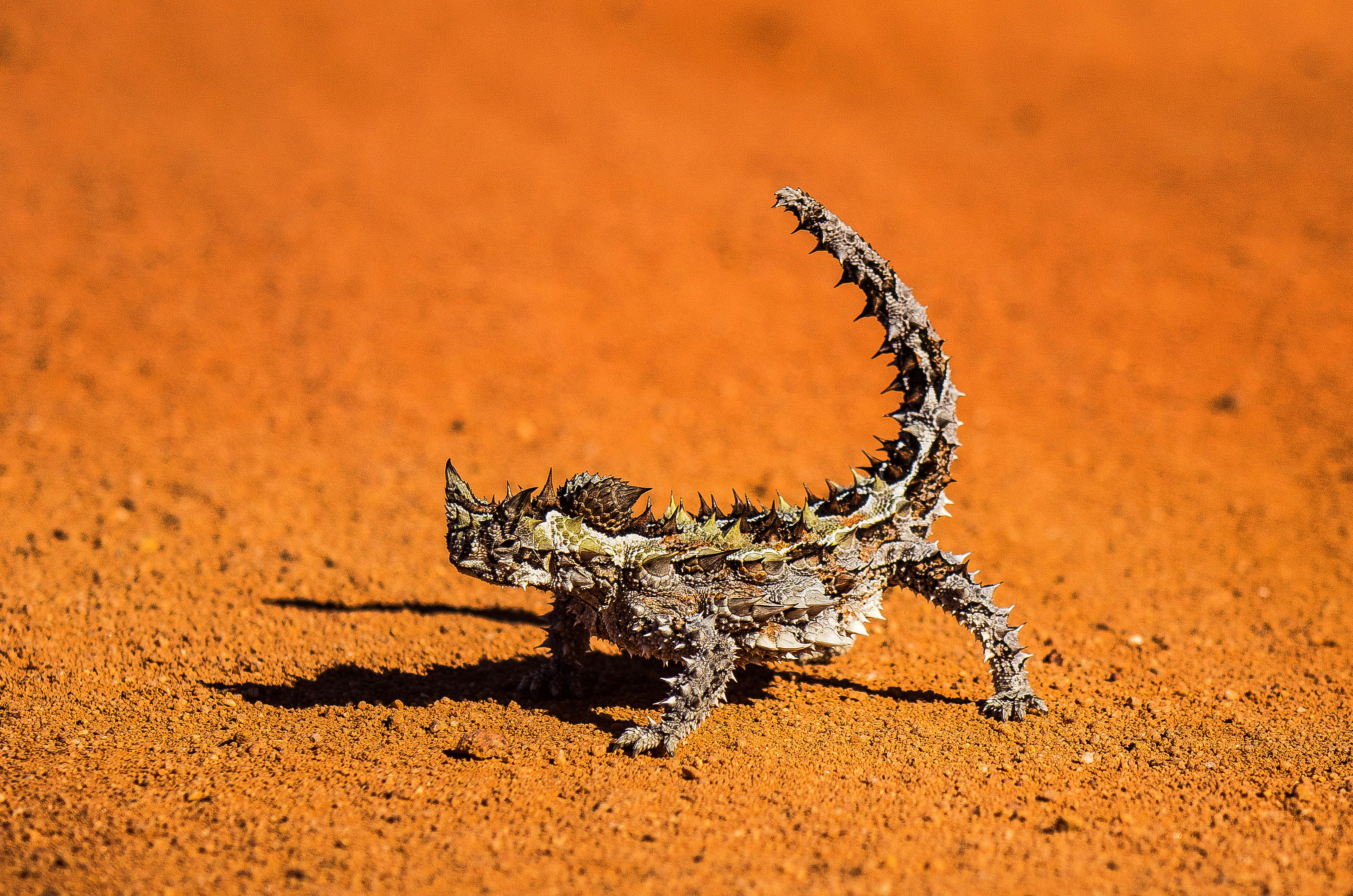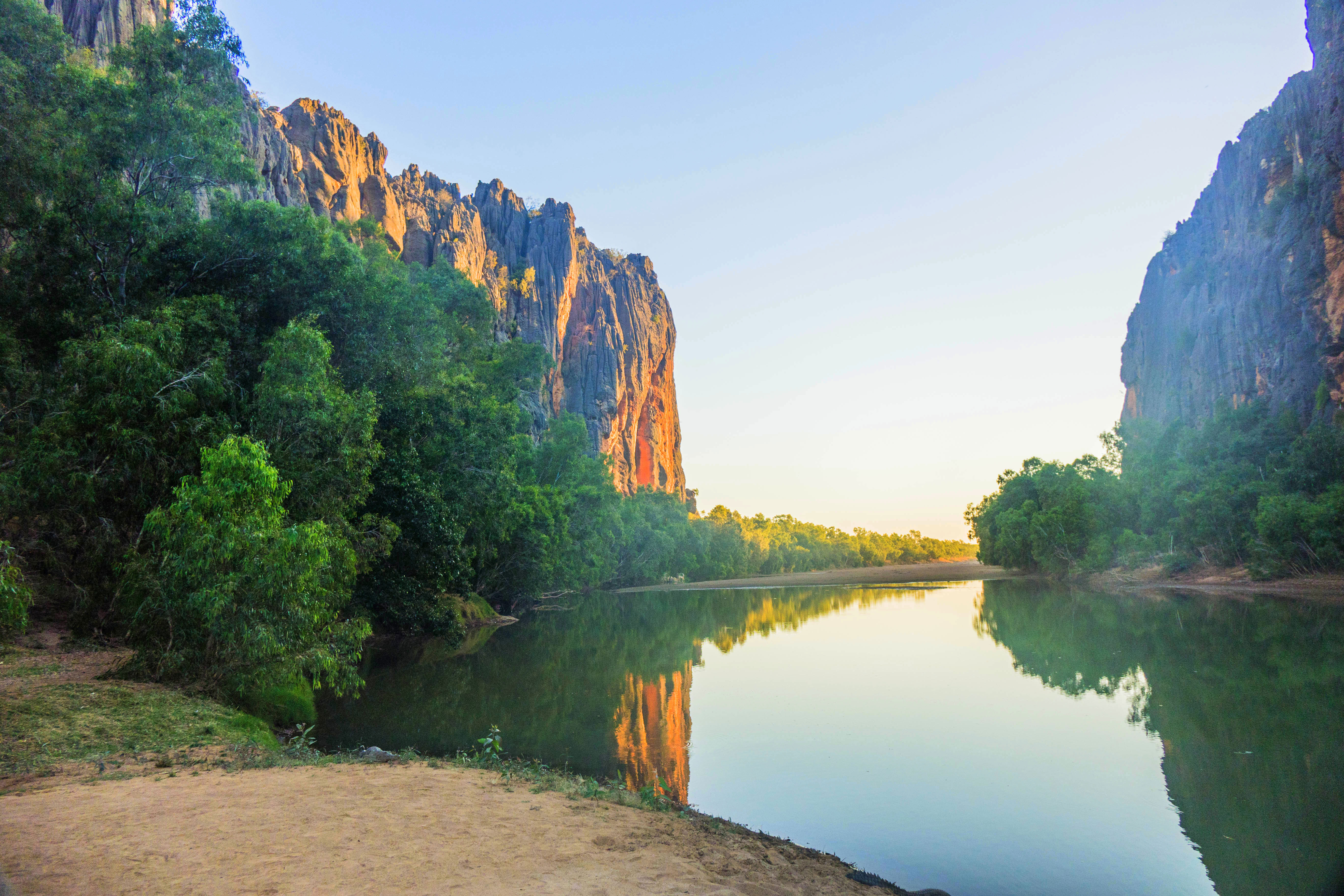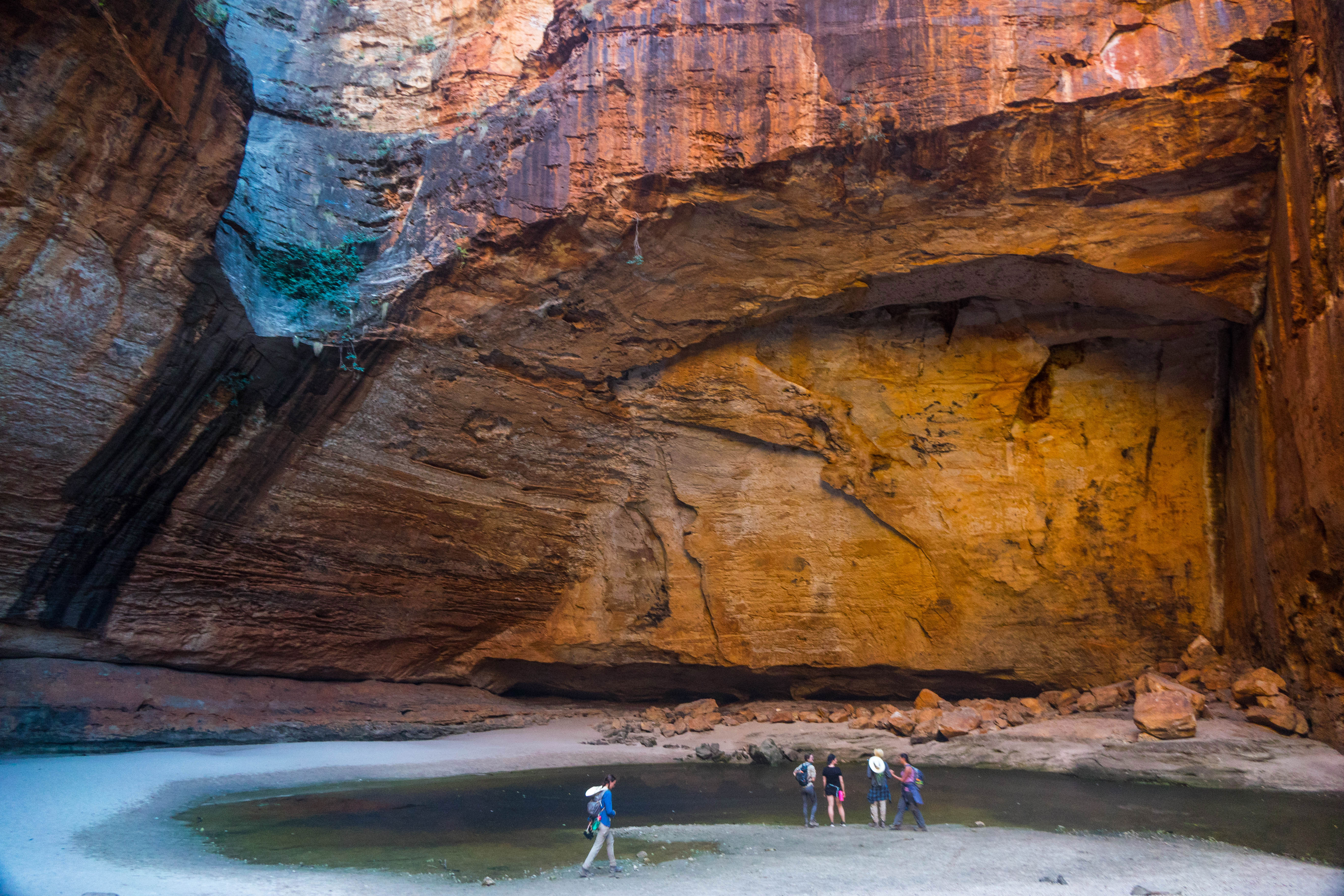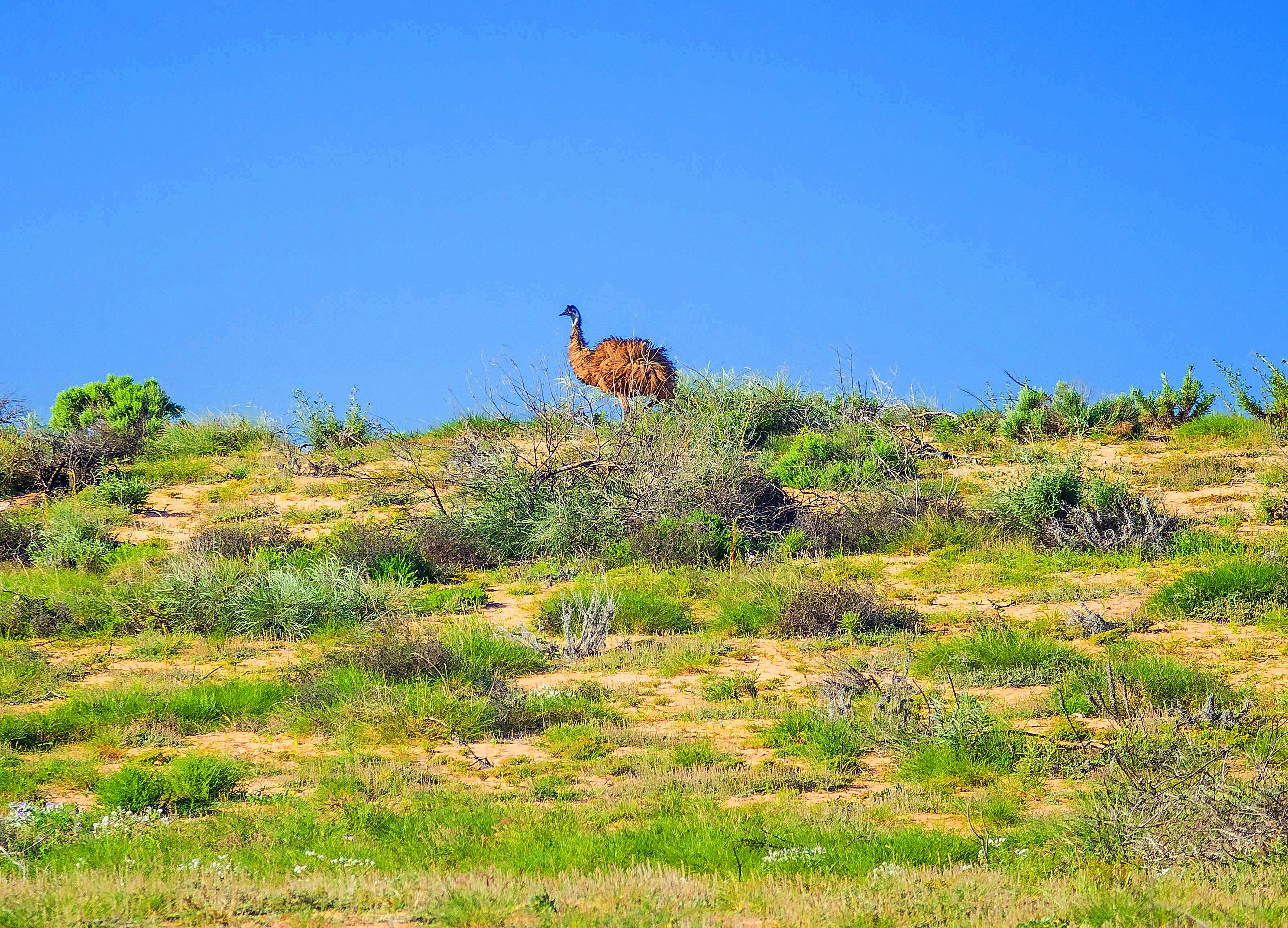Study Abroad
Visit landscapes and see biodiversity that most people have never experienced while learning about environmental conservation.
Study abroad programs in Australia, Ecuador, and Namibia offer a more intimate look at the cultures and natural history, all while learning about environmental conservation. This is your opportunity to visit some of the least-visited places on the planet.
Find out more and apply
- Explore available program options at University of Arizona Global
- Meet with UA Global Program Manager Bailey Lee (baileydl@email.arizona.edu; 520-626-6404)
- You can also attend a Study Abroad 101 information session
- Meet with our professional academic advisors
- Apply at UA Global Study Abroad
Course requirements can also be applied to obtain an undergraduate certificate in International Environmental Conservation (pending approval). Honors credit is available on each program and all satisfy the Department of Environmental Science capstone requirement.
International Environmental Conservation Certificate (12 units)
Student Outcomes
- Experience in Environmental Conservation
- Communication of conservation topics with local and international stakeholders
- Extensive Team-based Field Experiences in foreign countries
Competencies
- Proficiency in international studies, project management, and cultural awareness
- Written and oral communication skills relevant to local and international stakeholders
- Field Experiences in remote settings
- Current Environmental and Biodiversity Conservation topics
Courses
International Field Research Experience and Team Skills (select at least one):
- ENVS 495A Environmental Conservation in Australia (6 units)
- RNR 495G Amazon Rainforest Conservation Biology in Ecuador (3 units)
- RNR 495F - Conservation Biology: Field Studies in Namibia (6 units)
Environmental Science Topics (select at least one) ECOL 206 Environmental Biology (3 units)
- ENVS 200 Introduction to Soil Science (3 units)
- ENVS 210 Fundamentals of Environmental Science & Sustainability (3 units)
- ENVS 415 Translating Environmental Science (3 units)
- GEOG 303 Field Study in Environmental Geography (3 units)
- HNRS 170A1 Human Reproduction and the Environment (3 units)
- RNR 150C1 Sustainable Earth: Nat Resources & the Environment (3 units)
- RNR 200 Conservation of Natural Environments (3 units)
- RNR 458 Ecosystem Ecology & A Sustainable Future (3 units)
Natural Resource Conservation Topics (select at least one):
- ECOL 406R Conservation Biology
- ENVS 422 Critical Zone Science and Management (3 units)
- HNRS 202H Introduction to Conservation Biology (3 units)
- RNR 160D1 Wildlife, Conservation, & American Culture (3 units)
- RNR 316 Natural Resources Ecology
- RNR 441A Natural Resource Management in Native Communities (3 units)
- WFSC 430 Conservation Genetics (3 units)
- WFSC 444 Wildlife Management (4 units)
- WFSC 445 Population Ecology (3 units)
- WFSC 447 Wildlife Conservation Behavior (3 units)
Special Assignment
Upon completion of coursework students will be required to give a 20 to 30 minute seminar to their peers about their international research experience. This will be conducted as a class presentation or at a relevant organizational meeting.


